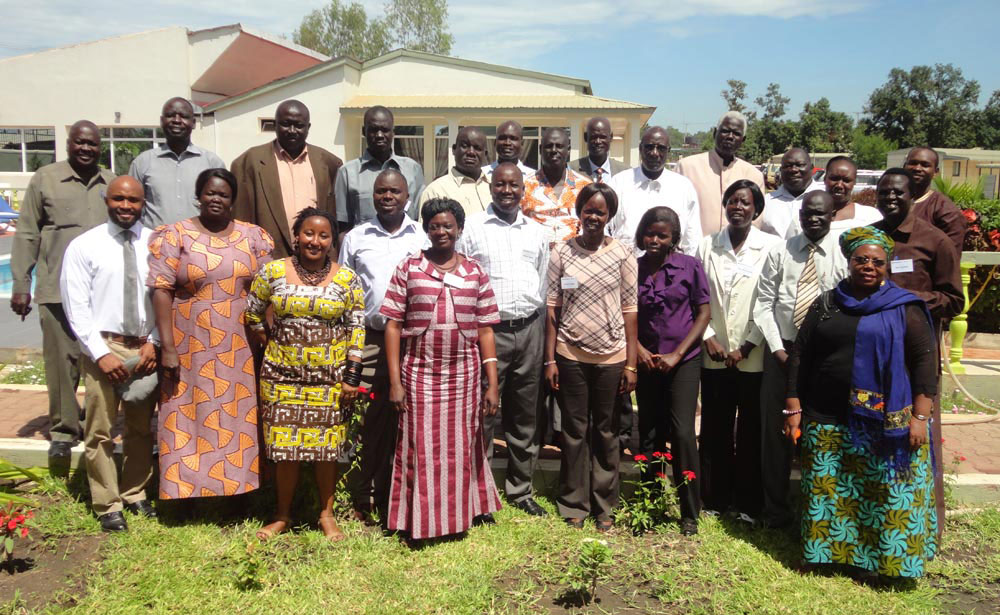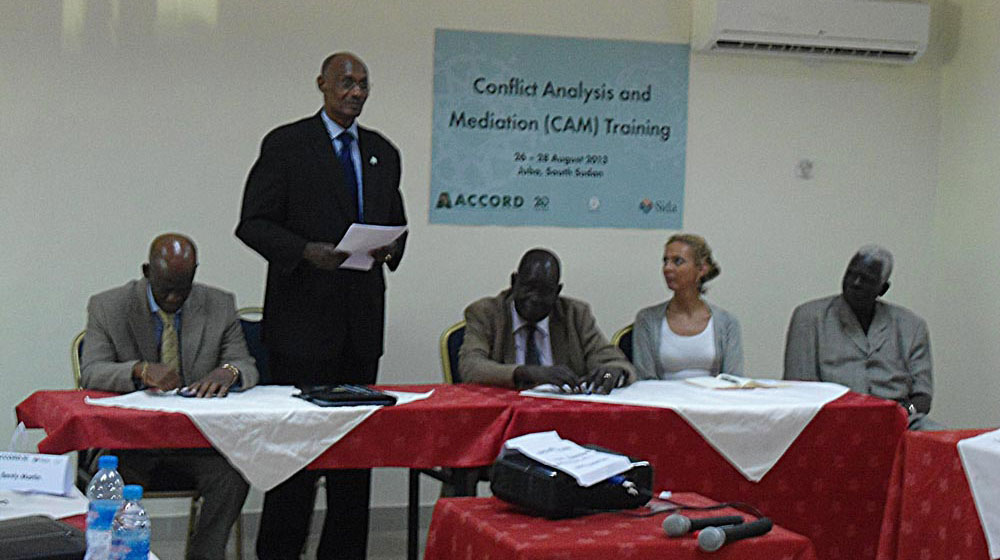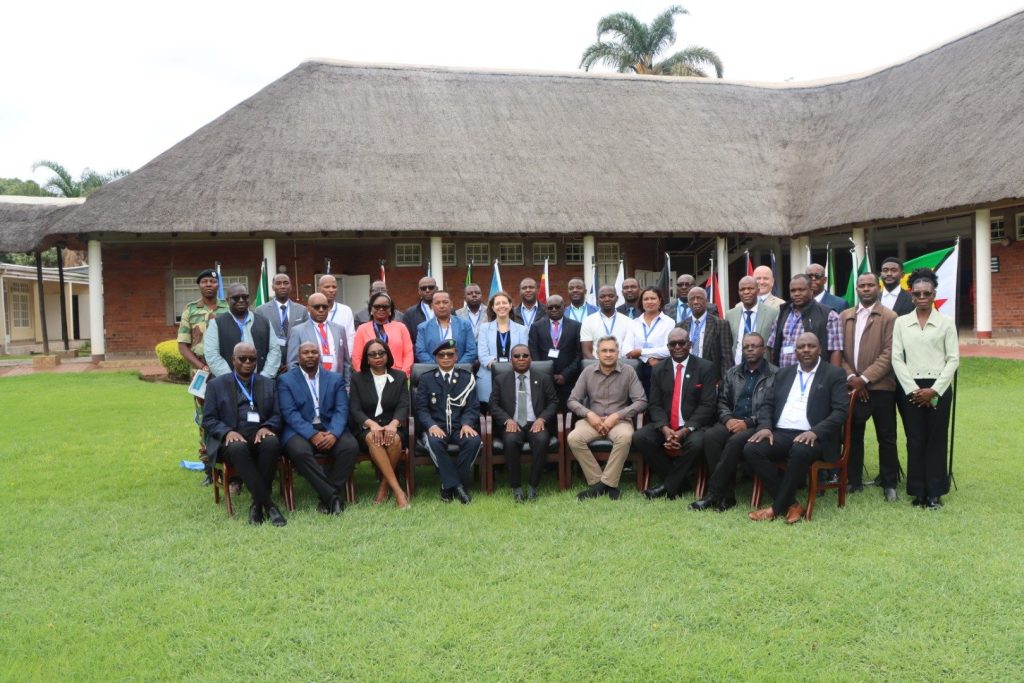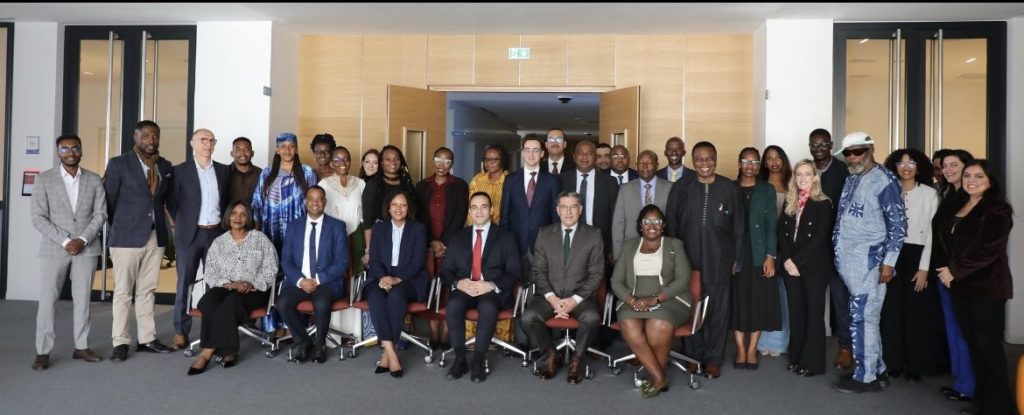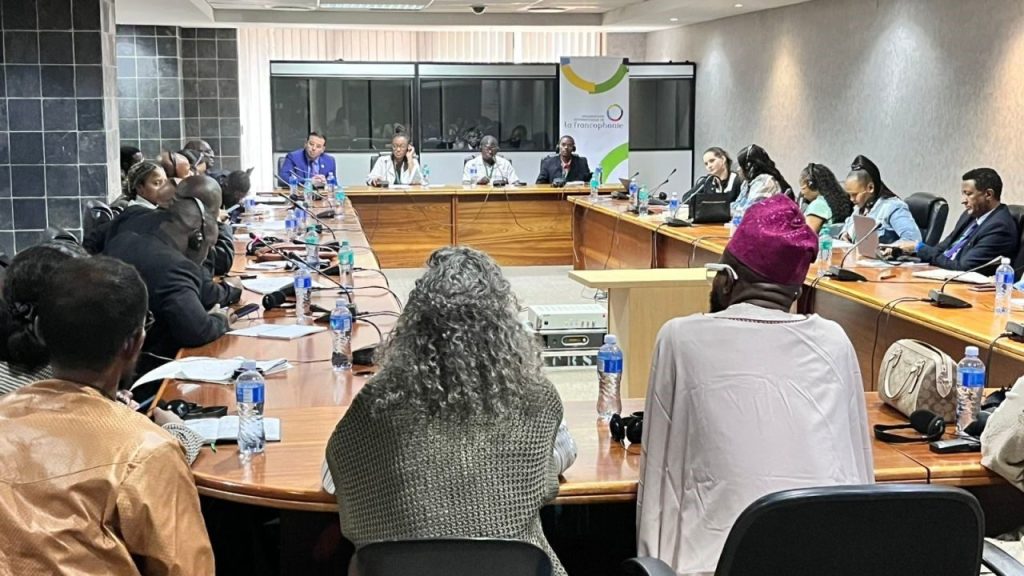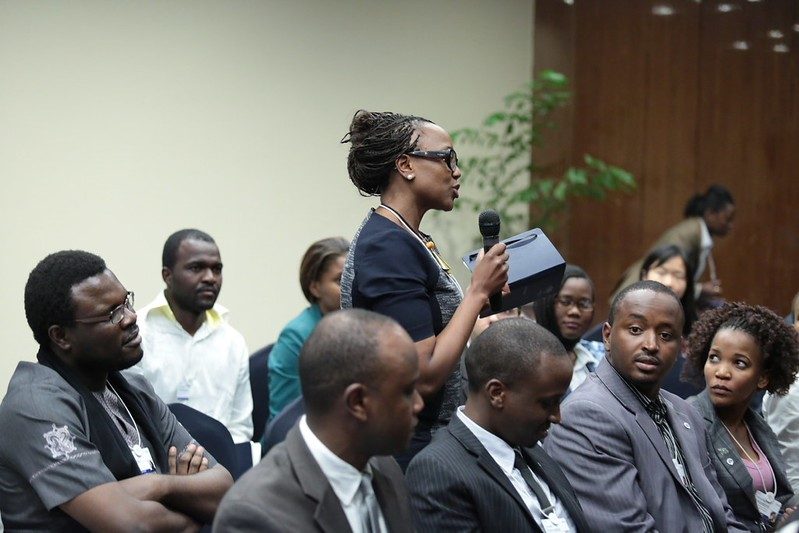ACCORD South Sudan Initiative (SSI) conducted the first ever joint training on Conflict Analysis and Mediation (CAM) for the South Sudan Peace and Reconciliation Commission (SS PRC) and the Special Parliamentary Committee on Peace and Reconciliation (SS SPCRC). The three-day training effectively contributes to SSI’s main objective of contributing to building and enhancing the capacity of government institutions in South Sudan in conflict management, negotiation and mediation. The training provided the ideal platform for dialogue between the two entities that are mandated to advise both the executive and legislative arms of government on peace and reconciliation matters.
The CAM training, which took place from 26-28 August 2013 in the capital, Juba, brought together 21 participants, six of whom were female, in sessions that fostered interaction between the two institutions. The presence of the PRC’s peace monitors from in-country offices and that of representatives from the two houses of parliament (the National Legislative Assembly and the Council of States) representing the states such as Northern Bahr el Gazal and Jonglei amongst others, ensured that voices of South Sudanese from the grassroots were heard in the crucial discussions and debates. Whilst Northern Bahr el Gazal is largely viewed as one of the few states in South Sudan with few reported cases of conflict, Jonglei has been depicted on several occasions as the conflict prone region of the country. The presence of participants from these respective states provided a space for debate on matters relating to conflict management or lack thereof in the said states with deliberations on regular meetings and collaborative efforts between the two institutions as a way forward in efforts to curb the rising conflict situation. Actual conflict scenarios were used in simulation exercises giving participants conflict resolution tools relevant in effecting their current roles. Participants made presentations to partner organizations on what would be South Sudan’s priorities for the coming three years in peace and reconciliation and areas that would need assistance from ACCORD and likeminded organizations.
A session on Liberia’s experience in peacebuilding and managing conflict was presented to the participants as a means of knowledge and experience sharing of similar post-conflict contexts. Liberia and South Sudan fall within ACCORD’s focus countries on peacebuilding initiatives that feed into ACCORD institutional vision of promoting dialogue towards building peaceful coexistence in an interdependent world.
At the closing ceremony on 28th August 2013, H.E. G. Setlhoke, SA Ambassador to South Sudan, reiterated South Africa’s continued support to South Sudan through the work of the Diplomatic Mission in Juba, as well as being part of initiatives hosted by NGOs such as ACCORD. H.E. Ambassdor Stanislas Nakaha, the African Union Representative to South Sudan who awarded attendance certificates to the participants, expressed the importance of enhancing conflict analysis and mediation skills as a means of breaking the cycle of conflict that post-conflict countries are prone to. H.E. Nakaha reiterated his message to the participants by stating that “It is my hope that this training will be followed by a visible impact on the unity, peace and stability in every corner of South Sudan and that the Jonglei-like situations will soon be a thing of the past”. Also present at the closing ceremony was the Representative of the Swedish International Development Agency (SIDA) in South Sudan, Ms Elisabeth Harleman.
The South Sudan Initiative (SSI) at ACCORD is a country programme funded by the Swedish International Development Agency (SIDA).

